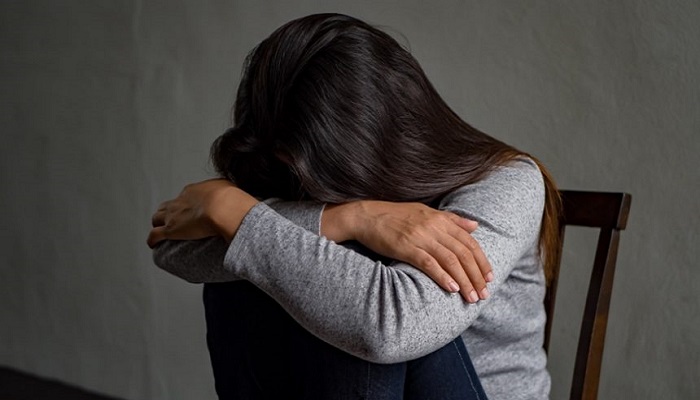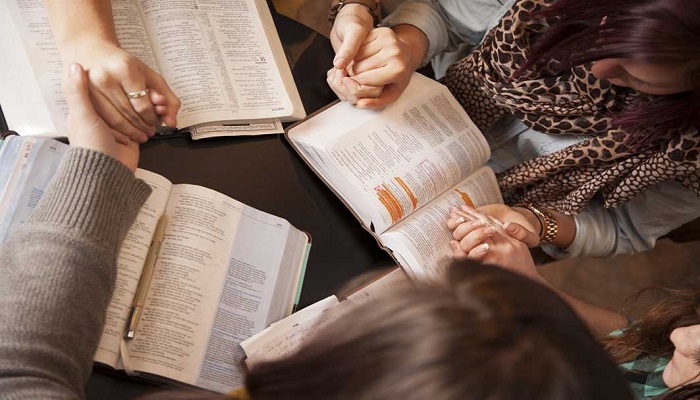
If you have experienced the death of someone who was important to you, you might be finding it difficult to adjust to the changes happening in your life right now. Bereavement is a type of grief involving the death of a loved one. Grief can shake everything up – your beliefs, your routines, and even your sense of normality. Bereavement counselling helps you in accepting what happened, learning to adjust to life without that person and finding a place to keep their memory alive while you try to get along as best you can.
Our grief counselling facilitates the process of coming to terms with the loss an individual has experienced, and processing through the natural progression of feelings that might come with different stages of coping with the loss. There are various types of grief that individuals might go through.
Anticipatory Grief
Refers to a sense of loss before the actual occurrence of loss. This can occur when a loved one has a terminal illness or one is personally being diagnosed with a chronic illness.
Normal Grief
Normal grief is the natural experience of loss and emotions accompanies the death of a loved one, and usually subsides in intensity over time.
Complicated Grief
Grief that is prolonged and resultant in severe behavioural concerns such as suicidal idealisation, addictions, risk-taking behavior, or displaying symptoms of mental health concerns. In these situations, more in-depth counselling and psychotherapy would be important in helping the individual recover from the traumatic loss.
Disenfranchised Grief
Disenfranchised grief is grief that is not made known to others, such as in the case of a young mother who aborts her child without the knowledge of her parents or others. In these cases, the grieving process is compromised as they are unable to process through this grief with others and receive the social support they need to overcome their grief.



